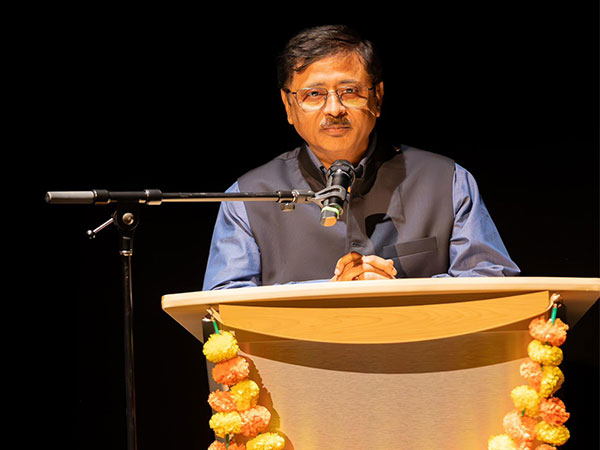Diplomatic Rift: India-Canada Tensions Over Khalistani Extremists
Indian High Commissioner to Canada, Sanjay Kumar Verma, alleges that Khalistani extremists are 'deep assets' of Canada Security Intelligence Service. Verma criticizes the Canadian government for supporting these groups and urges them to address concerns seriously. Tensions arise following Nijjar's killing and accusations against Indian diplomats.

- Country:
- Canada
In a striking escalation of diplomatic tensions, Indian High Commissioner to Canada, Sanjay Kumar Verma, has accused the Canada Security Intelligence Service (CSIS) of utilizing Khalistani extremists as 'deep assets.' Speaking to Canada's CTV News, Verma claimed that the Canadian government encourages these elements, albeit without presenting tangible evidence.
The ambassador urged Canada to address India's concerns sincerely, emphasizing that external forces should not meddle in India's sovereignty. He highlighted the nationality of the Khalistani extremists, pointing out that they are Canadian citizens challenging India's territorial integrity.
Responding to accusations of being involved in the death of Khalistani figure Hardeep Singh Nijjar, Verma refuted the charges, describing them as politically driven. He clarified his role in monitoring pro-Khalistani narratives through public sources, asserting that no coercive actions were taken. This dispute follows the souring of India-Canada relations after past accusations by Canadian authorities against India regarding Nijjar's assassination.
(With inputs from agencies.)










